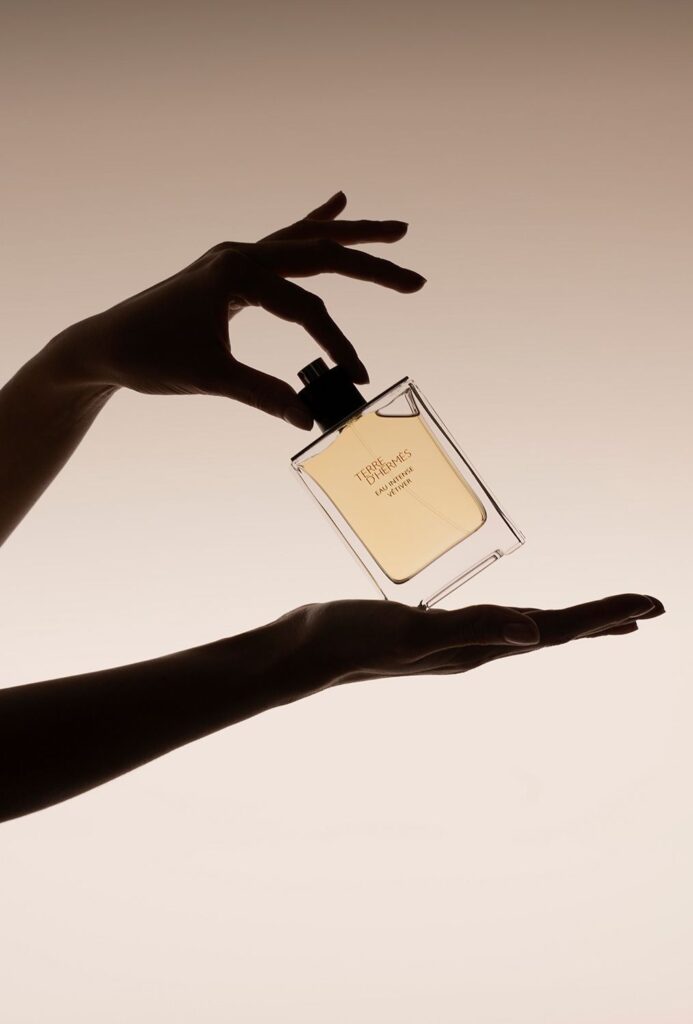Zyn, a nicotine pouch created as an alternative to smoking, has become a symbol of masculinity and a lightning rod for culture wars in the recent presidential election.
Just as cigarettes were once advertised to women in the 1920s to make them feel cooler and sexier, ZYN today target men by reaffirming their masculinity. ZYN has completely transcended its identity as just another tobaccoless alternative to smoking. They’re more than just a buzz and a stimulant; they have become an entire subculture for the manosphere to ravish about.
What is ZYN
Originally introduced to European markets in 2009, ZYN is a brand of tobacco nicotine pouches that are designed as an alternative to smoking or vaping. They became widely introduced in America in 2019, went completely viral in 2022, and have only become more popular since then. Many commentators and podcasters have claimed that their upper-deckys have even improved sexual performance, although there is no evidence that this is true.
They’re placed under the lip, where nicotine is absorbed through the gums. ZYN is marketed as a discreet and smokeless option for those who use nicotine. It’s available in various flavors and strengths, typically in small, discreet pouches.

When ZYN met man
The larger political failures of the democratic party are evident through the rise of ZYN and its cultural significance. ZYN is all about restoring masculinity and giving men the confidence to be men, reminding them that there is a space where they don’t have to worry about being denigrated for existing.
ZYN became a significant factor in this year’s election. It was seen being endorsed by many right-wing figures like Tucker Carlson, Elon Musk and other misogynistic people with podcasts like Andrew Tate on various platforms.
The world is a precarious place right now. With an uncertain economy and unclear job market, ZYN has become at extremely popular at a really interesting time for the development of the American ethos of what makes a man, a man.
The men on Penn State’s campus are in the midst of a quite vulnerable phase of their lives. On the cusp of adulthood, they are faced with worries about the future like establishing their careers or starting families. Of course, no man is expecting to pop a ZYN and take over the world. However, for a lot of these guys, being a part of the subculture of ZYN can restore the sense of manliness that they feel like they’re losing their grasp on.
They pop a Zyn before studying, before going to the gym, if they take after Tucker Carlson then they’re keeping them in all day long. These men are sold the implication that along with the nicotine buzz, a ZYN will stimulate a hustle and grind lifestyle, which circles back to the ideas of hyper-masculinity being pushed on them again.
Circling back to the election, it’s not surprising that ZYN was a useful tool for the republican party to gain the vote of young men in the age range of 18-24. Trump had a compelling campaign based on the promise to make a change, whereas Kamala’s campaign promise was essentially that she was not like Trump. The democratic party placed a lot of emphasis on social issues which excluded young men from the conversation.
Nobody would suspect that a woman on the ballot is a closet misogynist, and with Tim Walz being a former high school teacher and coach, the democratic party had a ticket that should have easily spoken to men. Instead, they made the democratic party the party of women and told men that they are the problem.
Trump presented himself as an Uncle Sam-esque fatherly figure who could make these young men feel seen. Endorsing ZYN, for example, gave voters the feeling that they could see themselves in Trump and that he gets it and gets the struggles that they’re going through, which the Democrats completely disregarded.
Instead, they should have shown young men that they’ve got an agenda that’s more up their street. Instead of going on and on about canceling student debt, which is not a popular policy among men, they should talk more about trade schools and manufacturing jobs.

Boys, are you doing okay?
At the crux of frat life, partying, and other practices that don’t usually chalk up to a picture of health and wellness, is ZYN. Despite the belief that the lack of vapor and smoke that comes with using a product like this, they aren’t proven to be any healthier in the long term. The health effects may remain unknown.
Along with physical health effects, there are negative mental health effects as well. Many users have reported experiencing anxiety after their buzz has subsided. While it has been established that nicotine is highly addictive, because of the discreet look of ZYN it is especially easy to become dependent on it.
On the other side of the masculinity that is pushed on those who use ZYN, what about those who don’t?
For men who don’t use products like ZYN, the pressure can come from both societal expectations and personal choices. On one hand, there’s the notion of being “less tough” or “less masculine” if you’re not indulging in the behaviors associated with these products—something that could stem from a culture where physical or emotional toughness is often idealized. If you’re not participating in what’s seen as traditional masculinity (e.g., smoking, drinking, using nicotine products), there could be a sense of being judged or marginalized as “soft” or “weak.”
On the other hand, for men who choose not to use nicotine products or engage in other stereotypically masculine behaviors, there’s also a sense of embracing a different, perhaps more nuanced form of masculinity. It might reflect a kind of self-care, health consciousness, or emotional awareness that isn’t about rejecting masculinity, but rather redefining what it means to be a man.
What are your thoughts on the ZYN epidemic? Reach out to @VALLEYmag on X with your thoughts!




